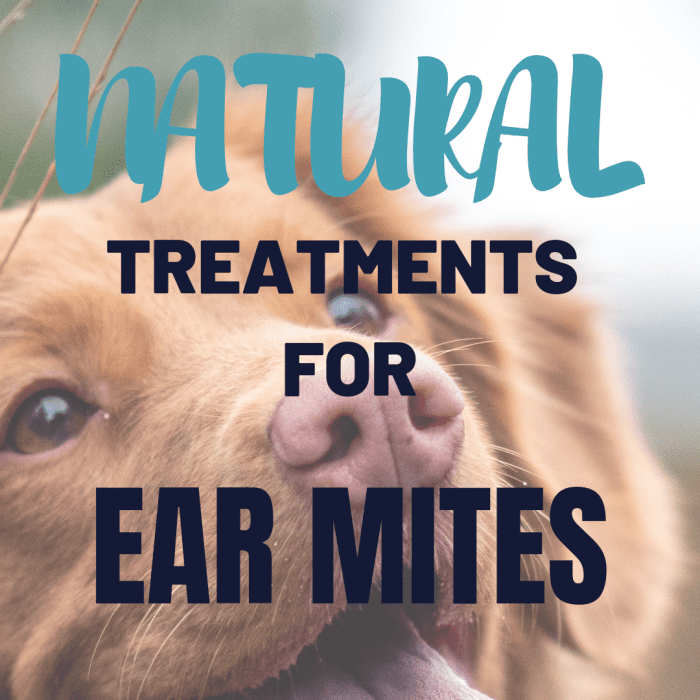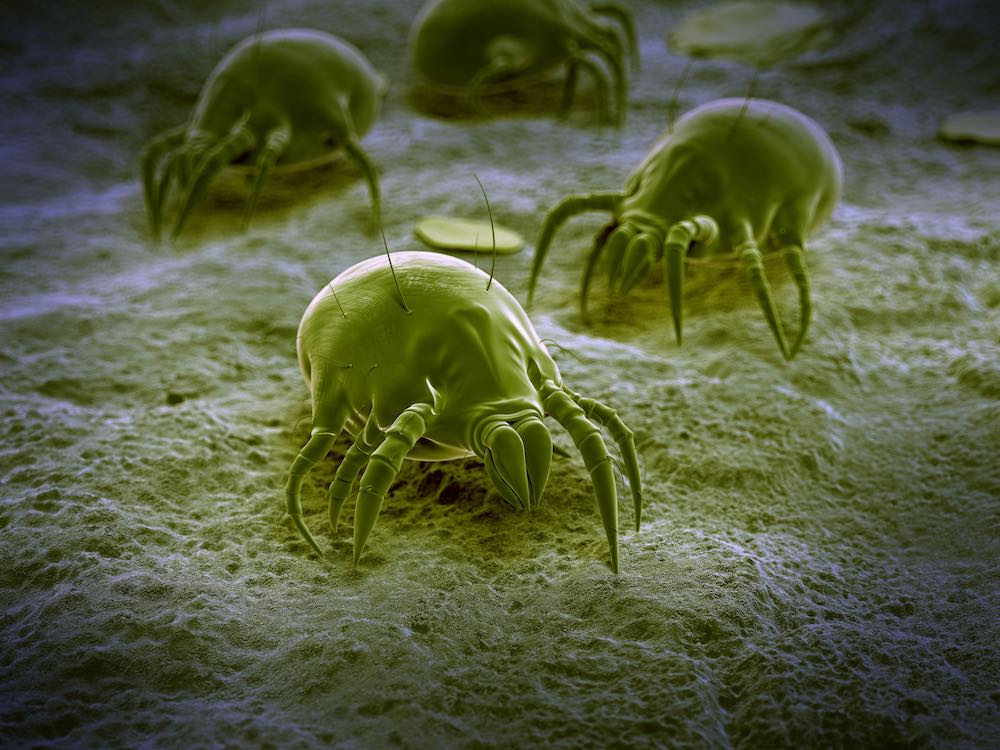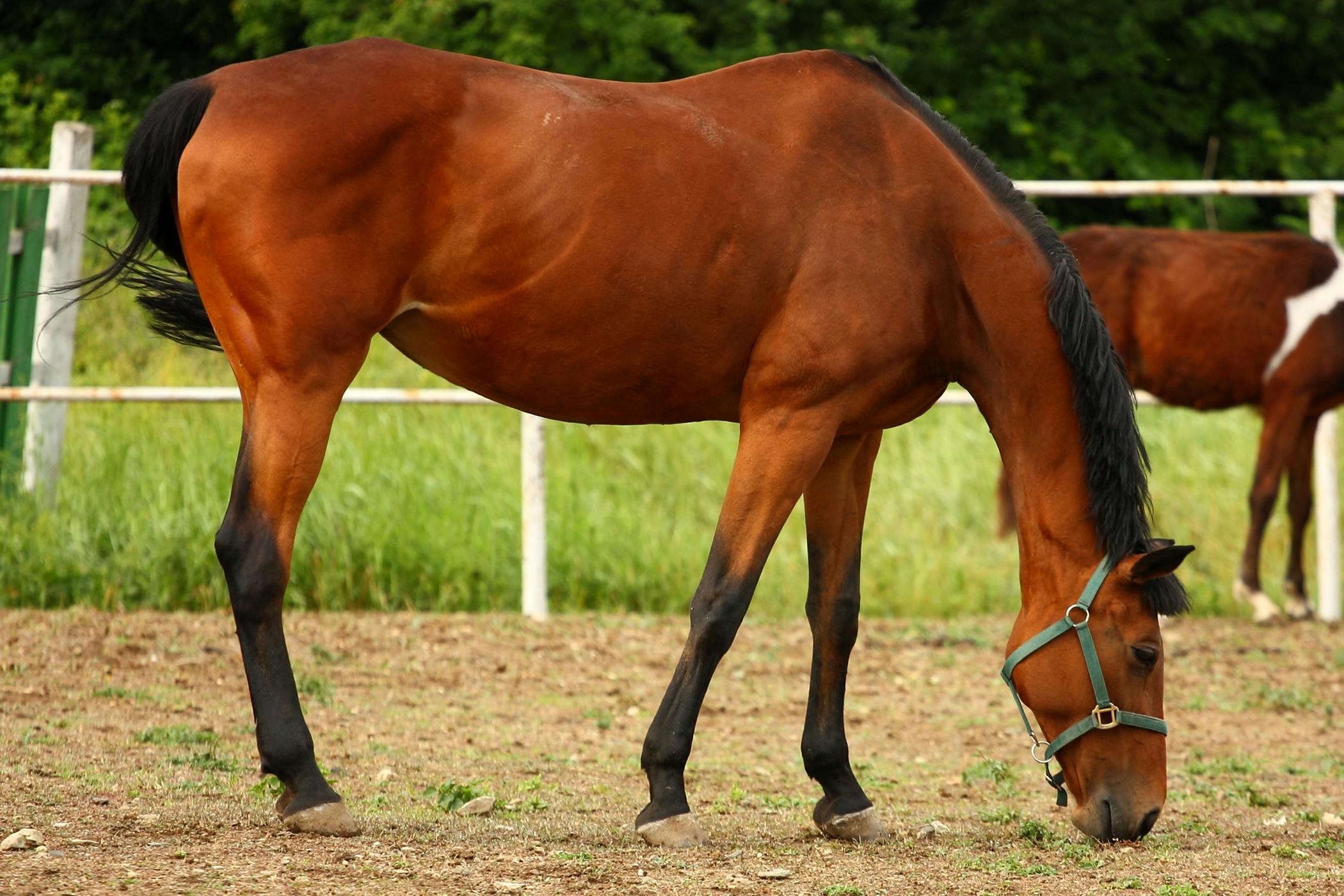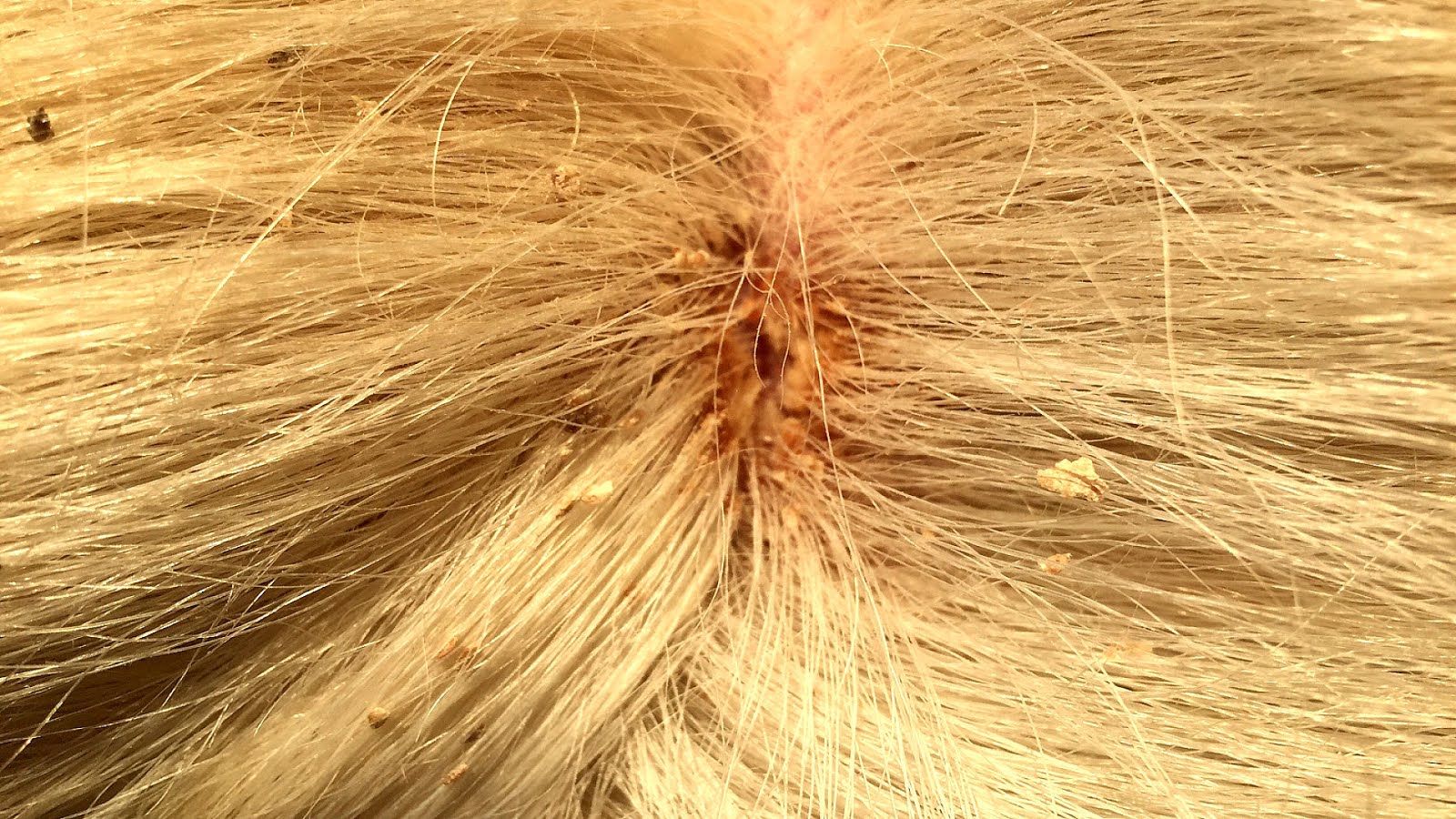A specialised shampoo which gently removes any crusts/dead skin is really helpful, as it allows active ingredients to get right down to the skin. It's important to repeat this around 10-14 days later as this will catch any mites which have hatched since the first application. Topical ivermectin treatments may also be available from your vet.. Chemical versus natural treatment. Many products are based on chemical components. Ectoparasites like mite can become resistant to them after a while.. In addition, chemical agents are often external. This has two disadvantages: it is impossible to reach all mites on the horse and sweat / rain dilutes the effect. This is not the case with a.

Mites how to treat them in horses World Horse Welfare

SNAKE MITES NATURAL TREATMENT YouTube

Pet MD Lime Sulfur Dip for Dogs, Cats, & Horses Mange Treatment, Ringworm , Skin Mites, Lice

Pictures Of Feather Mites In Horses

How to Get Rid of Your Dog's Ear Mites Naturally PetHelpful

Ear mites often plague cats, dogs and horses, as well as other animals. Essential oils, Mites

Mites horse Mite infestations in horses » Ewalia

Herbs for Horses Cushing's Care 1kg — Thunder Bay Feeds

CHEYLETIELLA What You Need To Know Mange treatment for dogs, Mites on dogs, Mang

It mite be something interesting Gribbles Veterinary

Three Options for Fall Treatment of Varroa Mites Dadant & Sons 1863

Homemade Lice Treatment For Horses Homemade Ftempo

How To Treat Mites On Horses Horse Choices

How to Get Rid of Ear Mites in Cats Natural Home Remedy All Natural Home Cat remedies

Pin on Dog Care 101

BUCK HAS LEG MITES!!! // Dealing with Leg Mites in Draft Horses!! YouTube

Feather Mite Treatment for Horses « Surrey Springs Gypsy Cobs Australia

Get Rid of Ear Mites in Pets 10 Home Remedies Fab How

1000+ images about Green Horse Care on Pinterest Horse shampoo, Horse grooming and Horses

Pictures Of Feather Mites In Horses
Description. Although ear mites are usually not a problem for horses, occasionally a species of mange mite, Psoroptes equi, may target the ears of the horse. Although the coarse hair on the inside of a horse's ears forms a barrier and keeps most insects and other foreign objects from entering, occasionally mites are present causing the horse to shake or tilt his head or rub the affected ear.. Feather mites (a.k.a. chorioptic mites) are the most common type of mites in horses. A feather mite likes to feed on skin debris, and if there's enough food, adult mites can survive on a host for almost 70 days. Mites live in horses' hair and the crusts on their legs. Mites' presence on horses leads to discomfort, itching and possibly even.